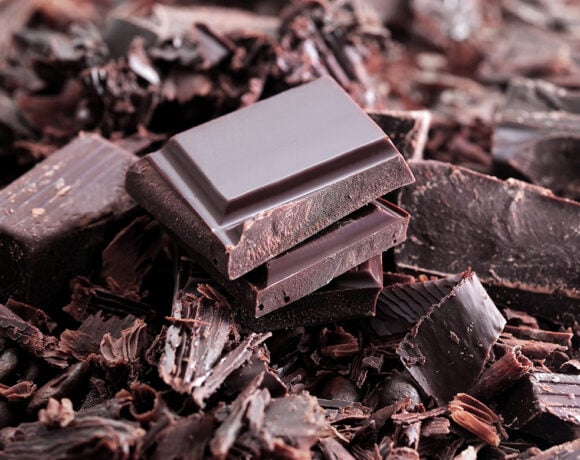Researchers in the US have successfully removed key gluten proteins from wheat, resulting in a lower gluten wheat that doesn’t negatively impact baking quality.
The move was achieved by removing key gluten proteins, which can trigger strong immune reactions, from wheat.
One of the researchers, Jorge Dubcovsky, a wheat geneticist from the University of California, Davis, said the gluten proteins that had been eliminated were the ones that can trigger the strongest response in people with coeliac disease.
“Their elimination can reduce the risk of triggering the disease in people without coeliac disease,” he said.
Gluten is made up of two main protein groups: glutenins and gliadins, which together create elastic bread dough. However, these proteins also contain short sequences of amino acids called epitopes. It is these epitopes that can spark an immune reaction in those with coeliac disease that damages the small intestine. At the top of the most harmful of these epitopes is a gliadin type called alpha-gliadin.
The University of California, Davis, team used a method called gamma radiation to target and delete the alpha-gliadin genes in wheat. The research team then produced seeds from these edited varieties and tested the quality of the wheat and dough at the California Wheat Commission quality lab. Once the value of these breeding lines was established, they were deposited in the Germplasm Resources Information Network (GRIN), operated by the Agricultural Research Service in the US Department of Agriculture to make them widely available.
Lead author on the paper Maria Rottersman, who is also a doctoral student in plant biology, said one exciting aspect about the discovery was that in some instances the quality of the flour produced by the wheat is actually in some cases improved.
“Growers can not only grow it but can expect to have a higher quality product, which I think is a huge incentive for folks to widely adopt this variety. They can be planted in the same way that normal wheat is planted,” she said.
“The findings won’t produce a coeliac-safe form of wheat but represent a critical step forward in coeliac disease research.”
Prof Dubcovsky said it had previously been assumed the elimination of gliadins would have a negative effect on breadmaking quality.
“Our study shows this is not always the case and that we can reduce wheat allergenicity and improve quality at the same time,” he said.
The findings were published in the Theoretical and Applied Genetics Journal.







COMMENTS